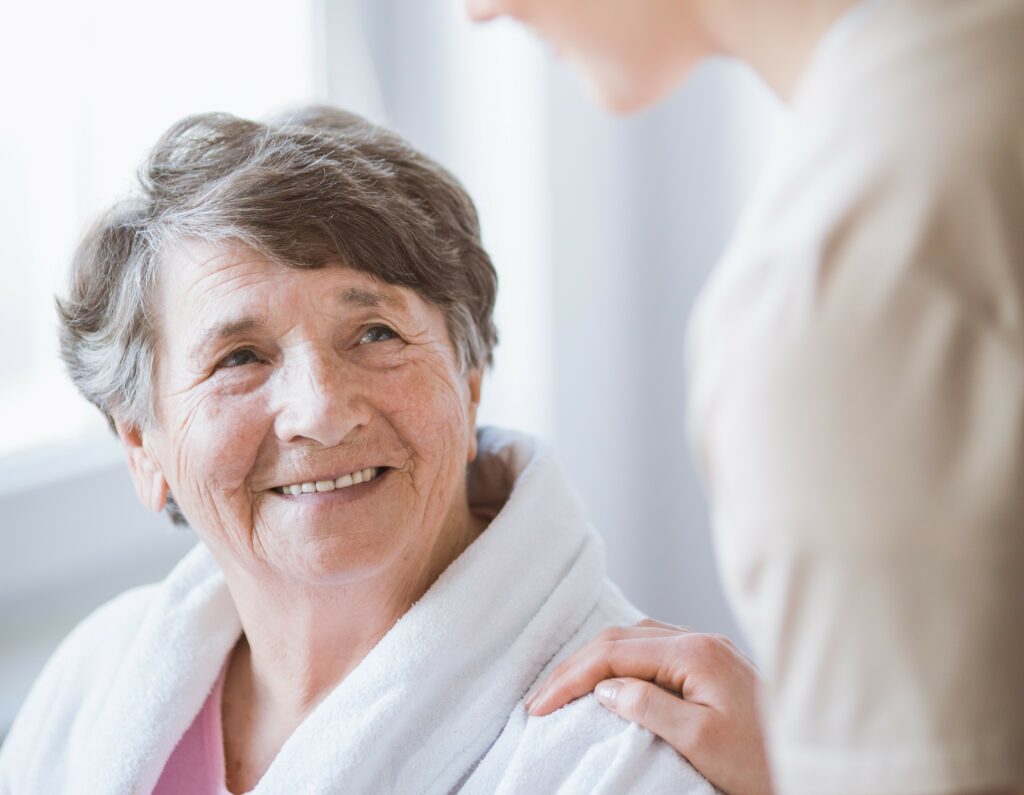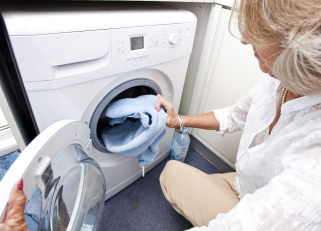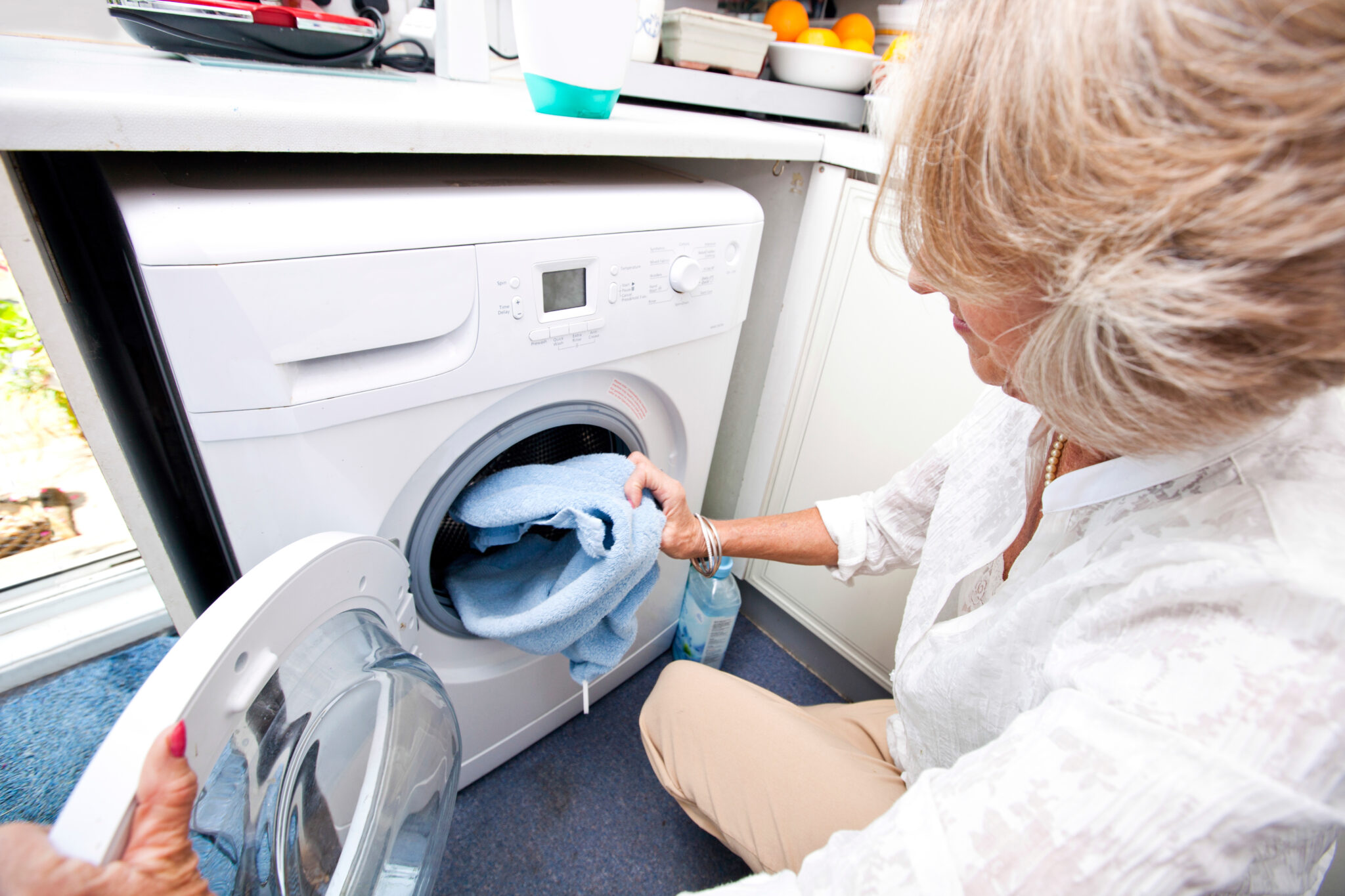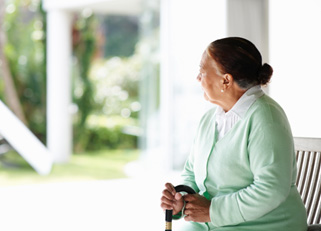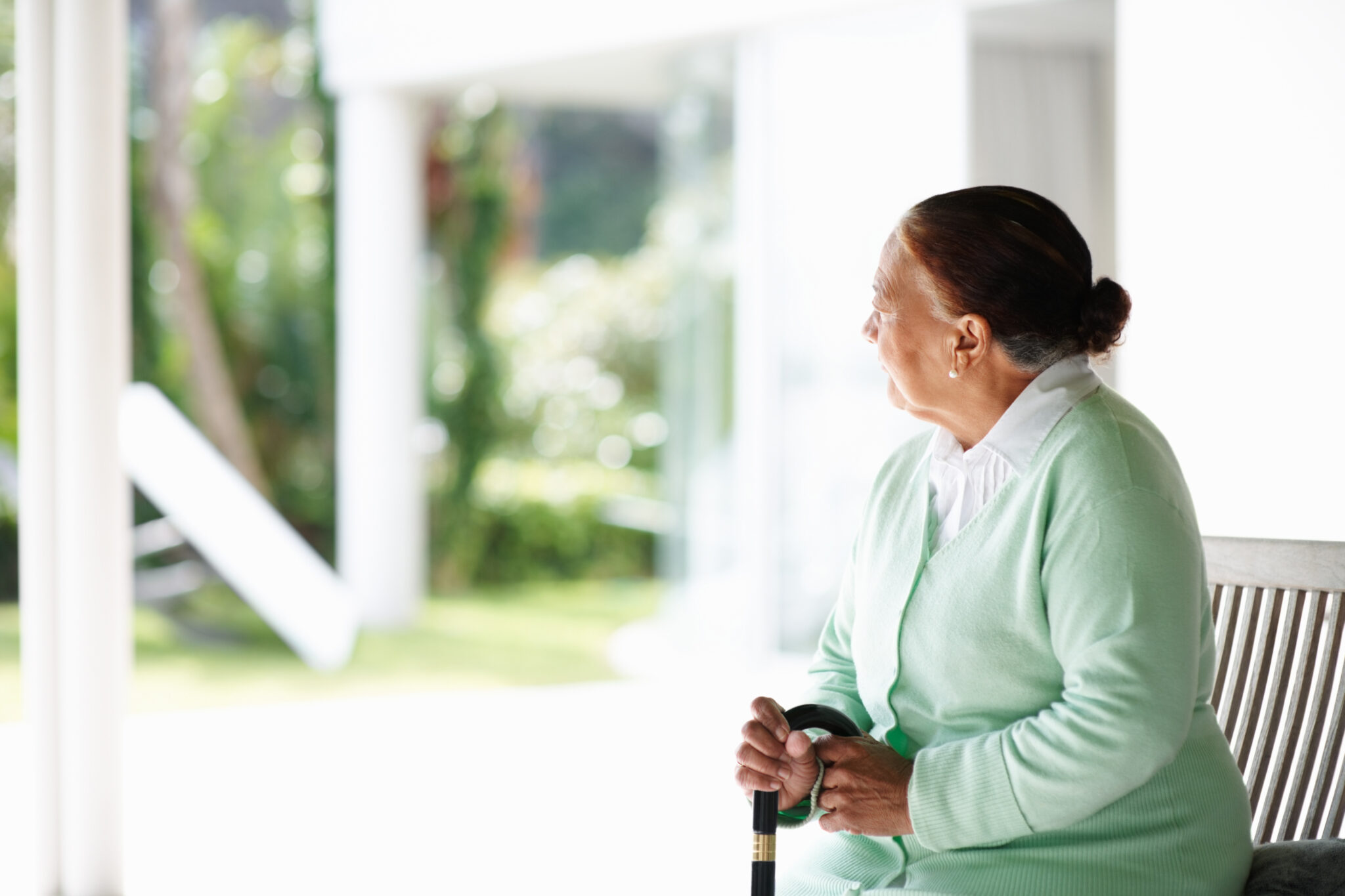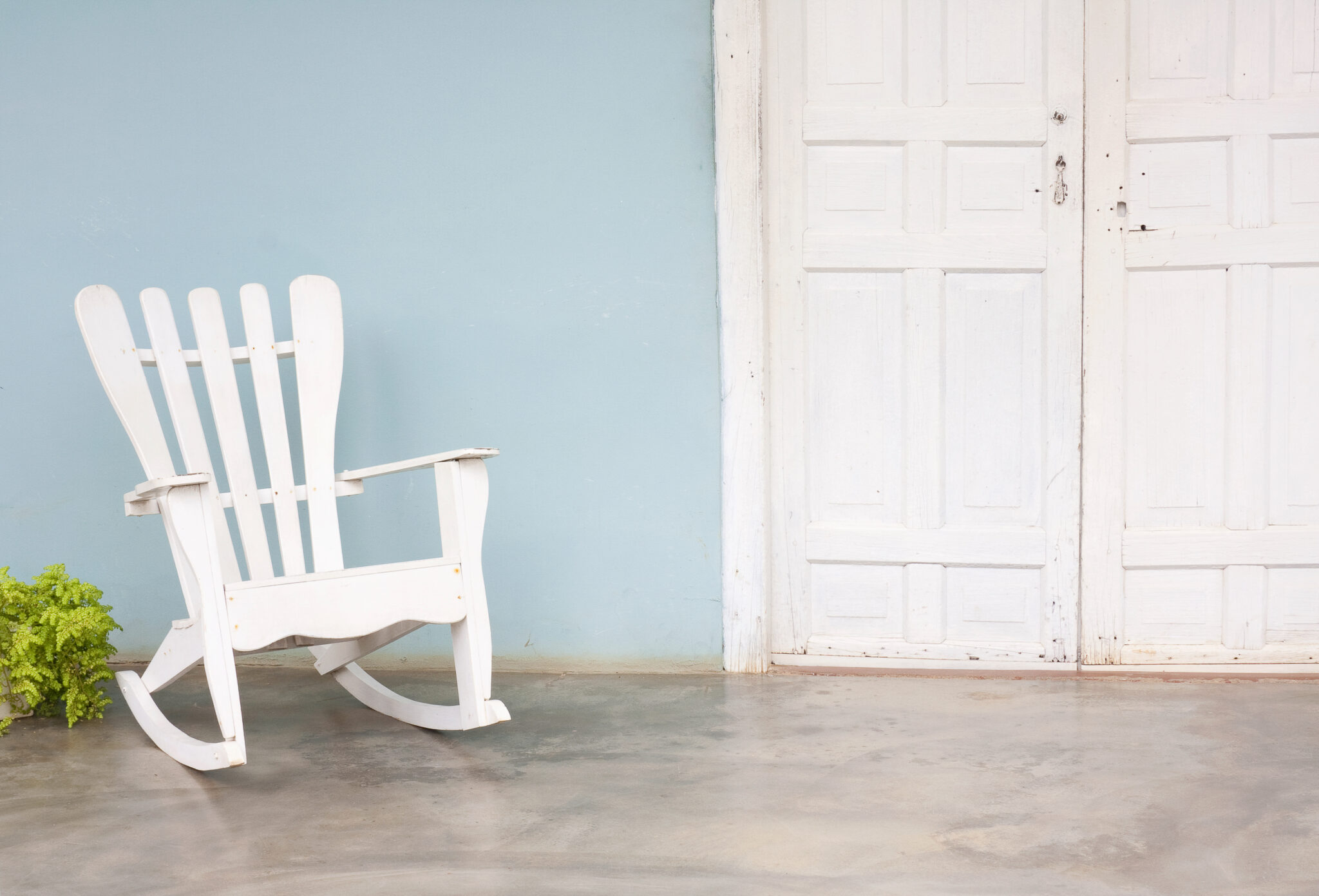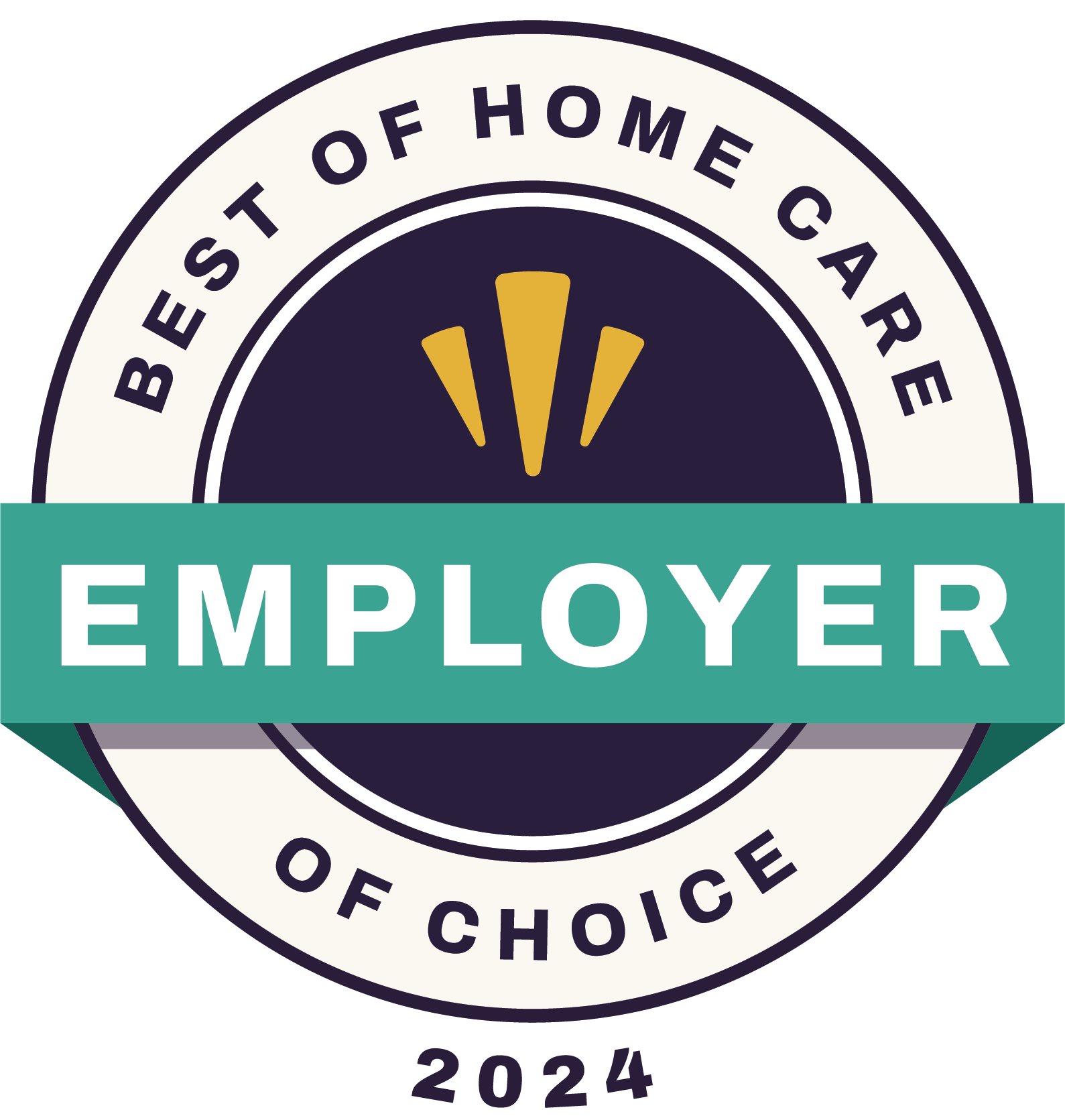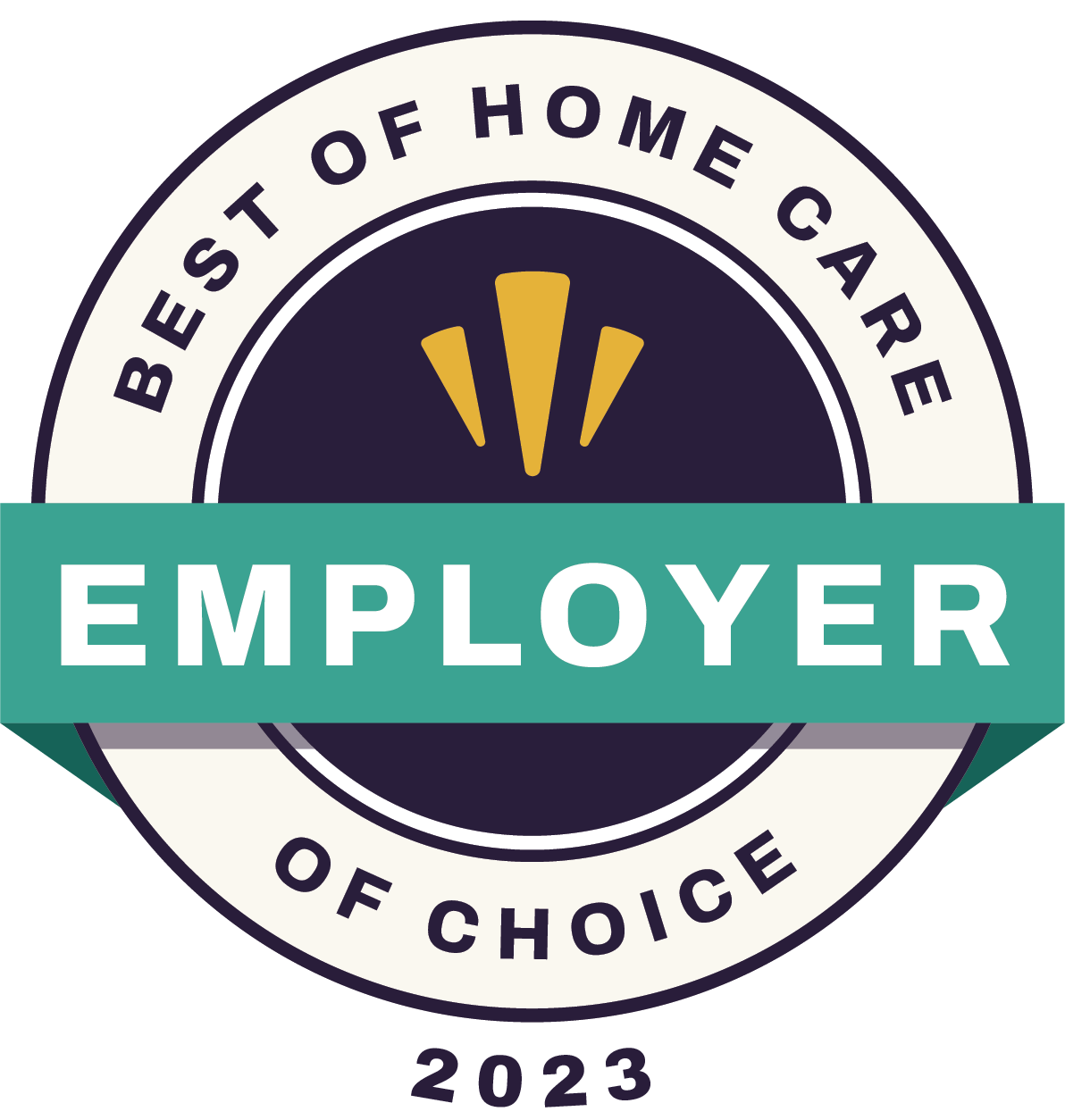Plantation Dementia and Alzheimer’s Care
When given the choice, I Prefer Home.®
Stay in the home you love with the help of Preferred Care at Home.
 How can we help you?
How can we help you?

I need care for myself or a loved one
I'm looking for a rewarding career
Our services improve quality of life.


"We are humbled to serve our community and their loved ones."
Geoffrey & Christine de SousaOwner, PCAH of South Broward
Meet the Team
Geoffrey & Christine de Sousa

Top-Rated Dementia and Alzheimer's Care in Plantation, FL & Surrounding Areas
HHA #299995298
Living with lost memories is complicated for the individual and their family members. For this reason, we offer personalized in-home dementia and Alzheimer’s care specifically designed for each individual’s needs. Focused on promoting dignity, encouraging independence, and meeting the daily living needs of residents with memory challenges, dementia, and Alzheimer’s care we provide is specifically designed for this purpose. Our caregivers are trained to serve families best, giving them peace of mind that their loved ones are in the safe and supportive hands of a trained professional.
In-Home Dementia and Alzheimer’s Care Services in Plantation, FL
We offer a comprehensive range of dementia and Alzheimer’s care services, all of which can be tailored to the individual needs of the affected person and their family members. Our highly trained, specialized care caregivers can assist your loved one with personal hygiene, meal preparation, medication reminders, and companionship. We provide daily assistive care within the home and support our patients’ loved ones with everyday activities, which helps elevate cognitive function and restore comfort. These bespoke dementia and Alzheimer’s care services aim to ensure that clients live in a stable, nurturing environment where their dignity and autonomy are respected on a daily basis.
What is Dementia?
Dementia is not a disease itself — it is a catchall term for the different aspects, such as memory, reasoning, and communication skills, that the person with dementia is unable to control. It could also affect mood, behavior, and the ability to perform other everyday activities. Dementia care starts when those symptoms begin to disrupt a person’s independence and safety. Several diseases cause dementia, but the most common is Alzheimer’s disease. The earlier we intervene, the better the quality of life for the person with dementia and their family companions. Professional services for dementia are often available in the community. Dementia is a personal experience that demands individualized, fluid care. Recognizing the symptoms early and receiving the proper assistance can help keep the condition under control.
What is Alzheimer’s?
It is not just normal aging — Alzheimer’s is a brain disease that destroys memory, thinking, and the ability to perform even the most basic tasks over time. Alzheimer’s is the most common cause of dementia, and it hits millions of families across the country. Alzheimer’s may be a progressive disease, but those living with it still need ongoing Alzheimer’s care that evolves with their shifting ability. Alzheimer’s care services provide emotional and physical support to offer peace of mind while also assisting with safety monitoring and devotion to a more stable, meaningful day. This support spans from initial-stage memory support to end-stage round-the-clock tracking and guidance. Alzheimer’s progresses in stages, and early intervention and proper care can control some of the symptoms to some extent, making day-to-day life more manageable. Each stage can be stressful, and familiar routines and caring caregivers can bring much-needed peace and connection.
How Can a Dementia and Alzheimer’s Care Service Help You or Your Loved One?
With professional dementia and Alzheimer’s care, you are getting added support from an experienced caregiver who understands the nuances of memory loss and who allows the family to be family again. We create care plans based on personality, medical history, and individual preferences. We make a safe space, minimize confusion and agitation, and engage clients in activities that provide comfort and cognitive stimulation. This customized focus on dementia care and Alzheimer’s care helps family members rest assured that their beloved is getting the ideal professional care, along with the attention needed.
Why Choose Preferred Care at Home for Dementia and Alzheimer’s Care in Plantation, FL?
All of our caregivers are thoroughly trained, compassionate, and dedicated to ensuring the dignity of every client they take care of. Our Alzheimer’s and dementia care services cater to both the individual suffering from memory loss as well as their family, as we appreciate the exhausting realities of having to care for your loved one. We will help your family through this process by putting a board in place as a daily routine/structure/care, or we will be there 24/7 when needed.
Engaging Activities for Cognitive Stimulation
Dementia and Alzheimer’s care requires cognitive stimulation as its fundamental aspect. Daily, our caregivers adapt challenge-based activities, arts and crafts, and memory therapy to suit our clients’ needs and skills. Through this approach, clients’ emotional health improves, reducing their fears and bringing them happiness that creates lasting memories of past times. We identify specific elements that evoke a positive reaction in individuals and incorporate those points into brief, meaningful interactions. Caring for patients involves creating meaningful, stimulating activities through songs from their past or reviewing items with which they are familiar. Through this method, individuals achieve structure and recognize an inner connection. Brief conversations produce positive benefits that strengthen the life force of the care provider and the patient.
Routine and Structure for Stability
Patients with Alzheimer’s and dementia receive guidance from caregivers throughout daily routines that duplicate their regular life patterns to reduce anxiety and maintain orientation. The well-known comforting pattern includes scheduled meals, personal hygiene care, activities, and sleep practices. Making all activity changes as seamless as possible is the most effective approach to help clients stay oriented throughout the day while preventing emotional breakdowns. The constant presence of daily routines leads you toward calm nights, strong palates, and cheerful outlooks during each passing day. The extended period an individual spends alive results in increased stability and an enhanced sense of familiarity.
Personalized Communication Approaches
The communication will remain genuine and bring a touch of calmness to our contact while showing passion toward our clients and the writing profession. Our communication style is derived from visual signals, subtle behaviors, and tactile interactions with our clients. Our training includes developing traits such as patience, attention, and awareness regarding the tightness of both clients’ families and their clients. The negotiations remain unchanged during genuine good-faith interactions. Every encounter enables us to establish a bond while showing honor and dignity.
Support with Sleep and Sundowning
Caregivers should maintain the absence of stimulation along with comfort and relaxation during suitable moments to calm down the periodically agitated condition, which often appears in dementia patients. The caregivers provide relaxing activities, comforting rituals, and soft lighting to support their patients throughout the day and night. Sleep duration can be extended through simple adjustments, such as shorter nap durations and increased exercise activity. When dementia patients are distressed, caregivers move in to provide comfort and redirect them. Respectful dedication to providing the top level of patient care remains the approach.
Fall Prevention and Home Safety Adjustments
Alzheimer’s and dementia raise the danger of wandering and falling. Our caregivers conduct home safety evaluations and make adjustments to your home, including improving lighting, decluttering, and securing doors to ensure your loved ones are as safe as possible. Care always begins by ensuring everything is where it needs to be, secure, and properly monitored. To help patients find their way and avoid getting lost, visual cues and guiding paths are also available. Moving furniture, installing grab bars, and occasionally adding a few non-slip mats could be huge. We observe and redirect if wandering appears to be possible. A safe place helps build safety and confidence.
Help with Personal Hygiene and Dressing
Dementia patients feel unsure and uneasy when their caretakers fail to provide dressing and bathing services. The caregiver helps the patient dress and perform personal grooming while respecting the individual’s self-worth to minimize inhibitions during bathing. When children receive fewer inner conflicts but stronger prompts for collaboration, the decision-making process becomes more straightforward. The process benefits from routines and familiar clothing accessories with familiar scents. This process executes operations based on a client-established timetable and involves full support through all phases.
Guidance for Family Members and Caregivers
Mind you, families need education and emotional support as they navigate dementia care. We guide families in strategies for effective communication, ways to adapt to living with loss, and how to maintain intimacy and connection when memories become distorted. Caregiving is not an act of kindness; it’s a partnership. We also provide them with emotional support and motivate them during challenging times. We can offer information, empathy, and a listening ear — whether you’re exploring the disease or experiencing new things. Pair that with the fact that we have a strong support pipeline for each other.
Transportation and Escort to Appointments
During routine visits, doctors and professionals refer patients to specialists who have expertise in treating Alzheimer’s disease. Travel and reach your destination safely with a reliable transportation service and a unique psychic experience. Caregivers help patients navigate to and from clinics, soothing anxiety and confusion. They assist with check-in and paperwork and remind patients of the questions they want to raise with the doctor. Families can feel secure knowing their loved one is safe when within our network of centers.
Nutrition and Mealtime Support
In patients with dementia, the phenomenon of forgetting their eating habits may result in malnutrition or complications during mealtime. When needed, caregivers also help patients eat but adjusting healthy, diet-specific meals to personal taste, and practicality creates an enjoyable and regular eating environment. They are attuned to clients’ tastes and palatability needs. Food is given slowly, softly, in small amounts, without distraction. Tracking weight loss or dehydration symptoms in such an environment thus makes the need for a positive mealtime environment for health and well-being more critical.
Compassionate End-of-Life Memory Care
The more advanced dementia is, the more care it demands. With our compassionate and gentle end-of-life care, your loved one can experience comfort, peace, and dignity in their final days. We collaborate with hospice teams and loved ones to ensure that an individual’s final chapter is the latest great, new chapter in life, brimming with creativity, loving dignity, and care.
We are primarily there in an emotional and spiritual sense, and we do what we can to alleviate physical suffering. We take every moment seriously, having been entrusted with the story of a life and its intricate family threads. The MDs ensure it is a peaceful and soothing environment, allowing you to rest and relax. We hope to ensure that no one has to walk their final walk alone.
Schedule a Companion Care Consultation Today
Caring for a loved one with dementia or Alzheimer’s is never easy—but you don’t have to do it alone. Whether you’re navigating the early signs of memory loss or need full-time support, we’re here to help bring clarity, comfort, and peace of mind. Our caregivers provide not only assistance but a calming presence, tailored routines, and meaningful companionship that makes a difference every day.
Call us today at (954) 323-2626 to learn how our in-home dementia and Alzheimer’s care in Plantation, FL, can bring relief and reassurance to your family.
Read our Reviews
Communities We Serve
Proudly serving the following areas: Dania, Davie, Fort Lauderdale, Hollywood, Plantation, Sunrise, and more— contact us to learn more.
Services we provide: companion care, live-in care, hospital-to-home care, arthritis care, diabetes care, dementia and Alzheimer’s care, among others.
Latest from our Senior Home Care Blog

January 27, 2025
How to Qualify for Home Health Care Under Medicare?
Jody Guerrieri, RN.

January 27, 2025
What Are the Transportation Options for Senior Citizens?
Jody Guerrieri, RN.

January 27, 2025
Is There a Food Allowance Card for Seniors?
Jody Guerrieri, RN.

January 27, 2025
What Causes Glassy Eyes in the Elderly?
Jody Guerrieri, RN.

January 27, 2025
What Age Is Considered a Senior Citizen?
Jody Guerrieri, RN.
Reliable, Affordable,
Compassionate…
We Promise!
Start Your Care With Us
"*" indicates required fields


